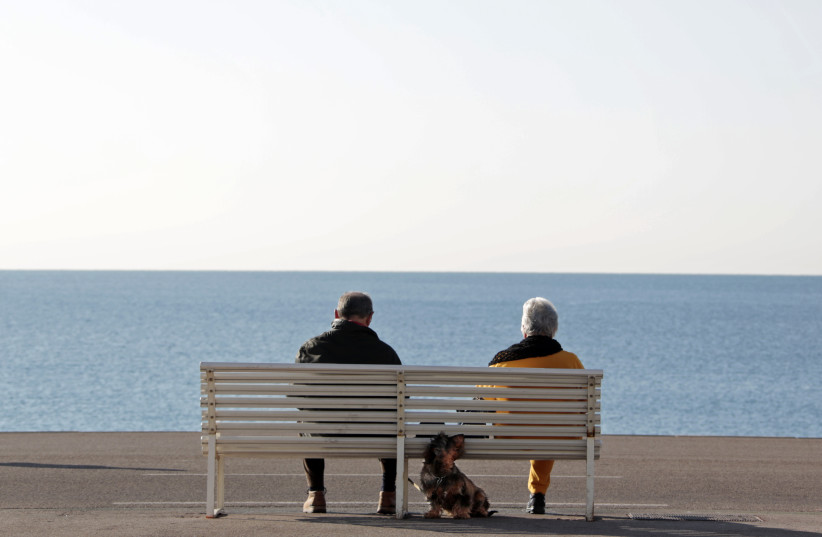World tourism was crippled by the pandemic, but it has largely bounced back – yet traveling remains a serious challenge for a large group of people. These are the 20% of the world’s population who suffer from chronic diseases such as diabetes, heart disease, cancer or mental disorders. It is a group of people whom the travel industry needs to accommodate.
Current conditions can make traveling difficult, while solutions should be found for some people who may even avoid taking holidays altogether.
Repercussions for the tourism industry
A cross-disciplinary research project from Edith Cowan University (ECU) in Western Australia has highlighted the impacts this decision can have on people with these health challenges. It outlined the future repercussions for the industry as a whole. Through collaboration between its School of Business and Law and its Center for Precision Health, the project has put forth the concept of “travel therapy” that views tourism as a means of improving mental health and wellbeing.
Researcher Dr. Jun Wen and colleagues said it is important for the world tourism industry to cater more to vulnerable people with physical or psychological disorders – a market he described as important but too often overlooked. “Most are able to travel but remain vulnerable during trips and need intensive services,” he said.
“The world has an aging population, so there will be more and more people dealing with the challenges that aging brings, like dementia, physical limitations and other chronic diseases. There are also more people being diagnosed with mental health issues, such as depression and anxiety,” Wen added.

“Tourism needs to be able to accommodate vulnerable travelers such as these for the industry’s survival — but also because health is important and as our previous work has shown, tourism can help support health.” He suggested numerous initiatives that could make destinations more accessible for vulnerable people in an article just published in the International Journal of Contemporary Hospitality Management and entitled “Travel medicine in hospitality: an interdisciplinary perspective.”
To the best of the authors’ knowledge, the study took an important step toward interdisciplinary research between hospitality and medical science through the lens of travel medicine.
Wen suggested numerous initiatives relating to food, accommodation, transportation, travel, shopping, and entertainment that could make destinations more accessible for vulnerable people and be implemented throughout the tourism industry chain. These would include considerations or allowances for caregivers who may need to accompany travelers.
Education was critical, he added. “Staff and stakeholders need training to be made aware of vulnerable travelers’ needs and demands. This can include developing manuals to standardize services for vulnerable travelers, enhancing accessible infrastructure and equipping professional emergency and care facilities appropriately, such as with first-aid tools. The industry can also customize services for different traveler segments, such as people with dementia, depression or anxiety.”
Wen said technological advances could also play a great role in bringing the benefits of tourism to more people. “Not everyone can take physical trips. The tourism industry should develop virtual products that enable all travelers to be present in a destination and to enjoy fun and health-related benefits.”
